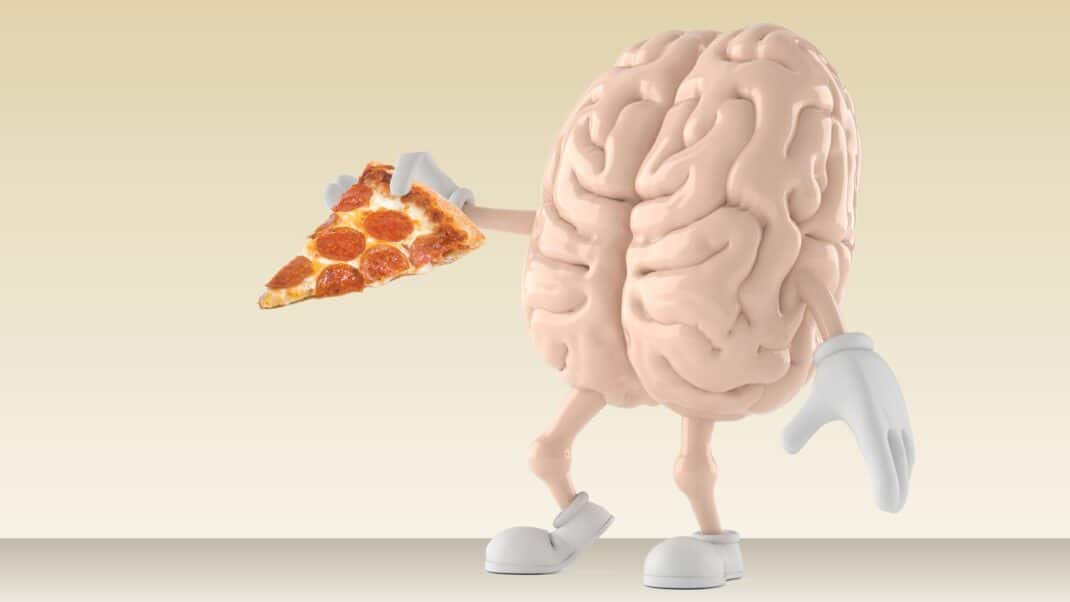Ultra-Processed Food Intake Tied to Chronic Insomnia
A fast-food habit could be causing people to spend nights tossing and turning.

It’s not just late-night screen time that could be messing up people’s sleep, but also the amount of nutritionally poor grub that they are eating. Consumption of ultra-processed foods is independently tied to poor sleep in the general population, according to an epidemiological study published in the Journal of the Academy of Nutrition and Dietetics. The analysis included 38,570 adults who had completed a sleep questionnaire and at least two 24-hour dietary records. The investigators from Sorbonne Paris Nord University in Paris, France found that a little more than 19 percent of participants had symptoms of chronic insomnia, and on average, ultra-processed foods represented 16 percent of overall dietary intake. Ultra-processed food consumption was associated with higher odds of chronic insomnia with greater odds seen for men than women. Findings were independent of sociodemographics, lifestyle, and mental health status. Future research needs to reveal the reasons why eating too many pastries, chips, and fast-food can disrupt sleep, but in the meantime fitness professionals with clients who are struggling to get adequate shut-eye should mention the possible importance of eating less of the heavily processed stuff. And, of course, other health and fitness benefits come with that.
Matthew Kadey, MS, RD
Matthew Kadey, MS, RD, is a James Beard Award–winning food journalist, dietitian and author of the cookbook Rocket Fuel: Power-Packed Food for Sport + Adventure (VeloPress 2016). He has written for dozens of magazines, including Runner’s World, Men’s Health, Shape, Men’s Fitness and Muscle and Fitness.





